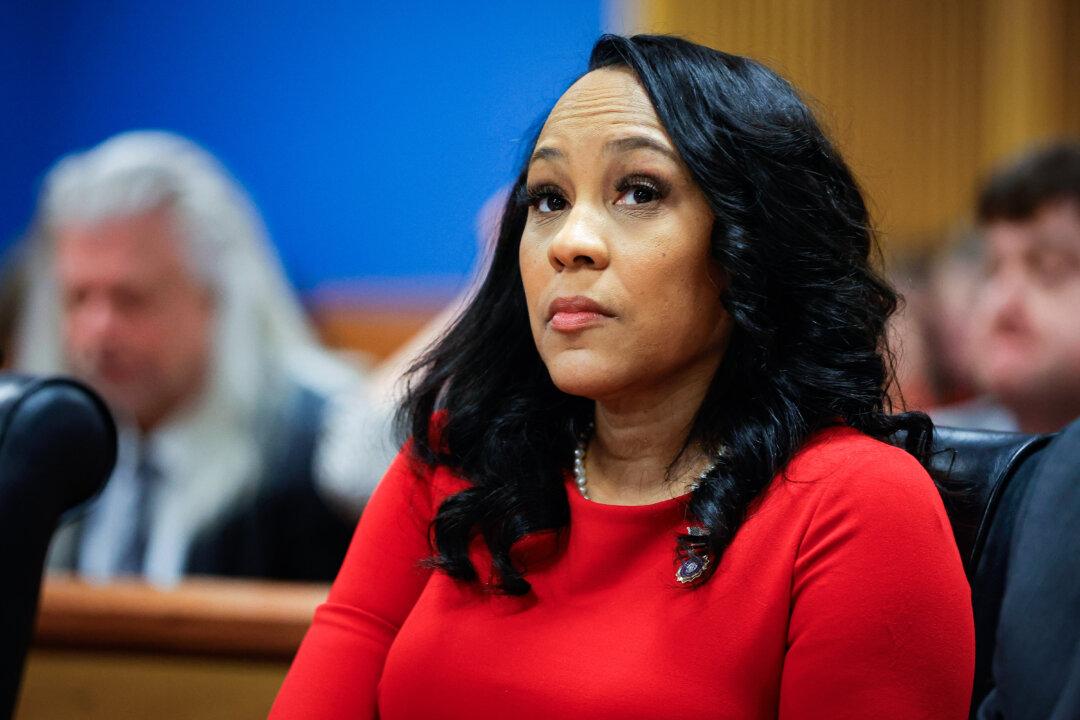A special prosecutor, who was tasked with prosecuting former President Donald Trump, is accused of lying about when his romantic relationship began with the official who hired him, according to a witness who is prepared to testify in a filing entered on March 4.
Nathan Wade, the special prosecutor hired by Fulton County District Attorney Fani Willis, has claimed he and Ms. Willis did not start the relationship until after he was hired in late 2021.





